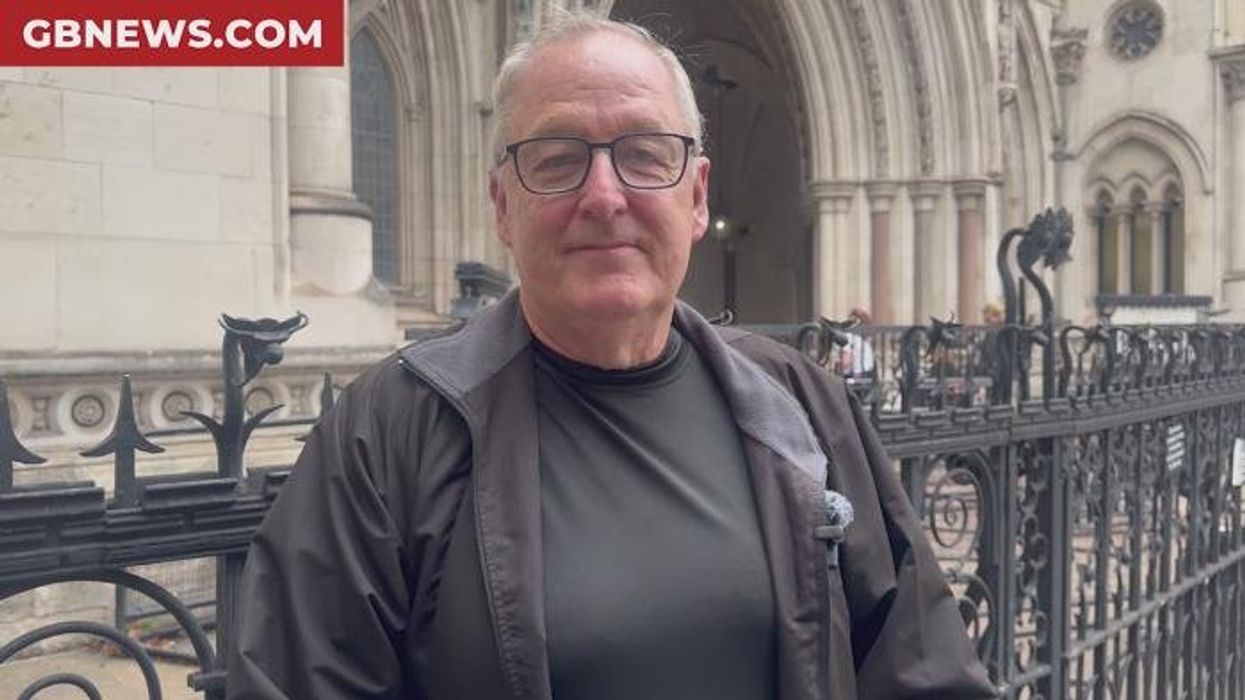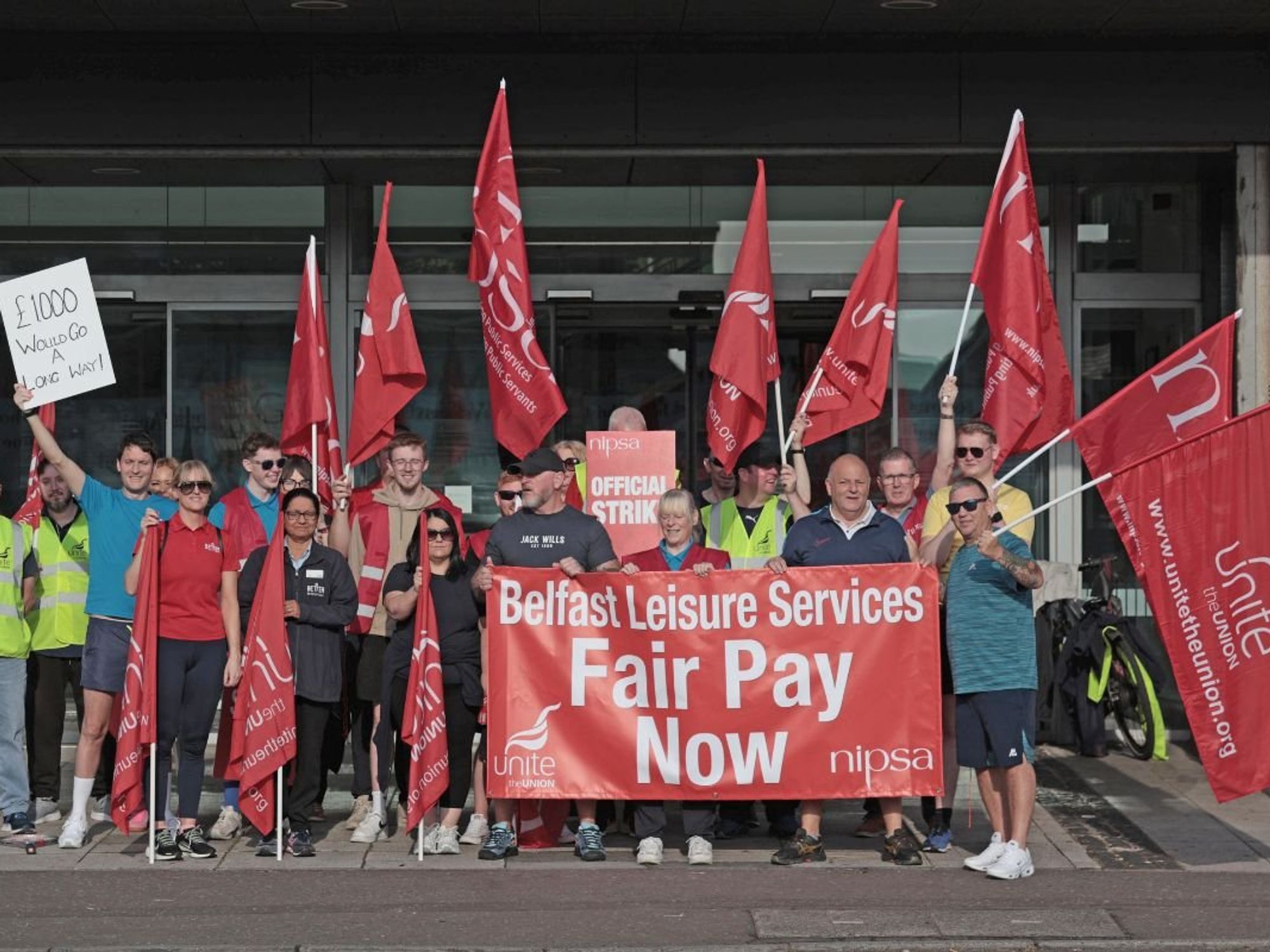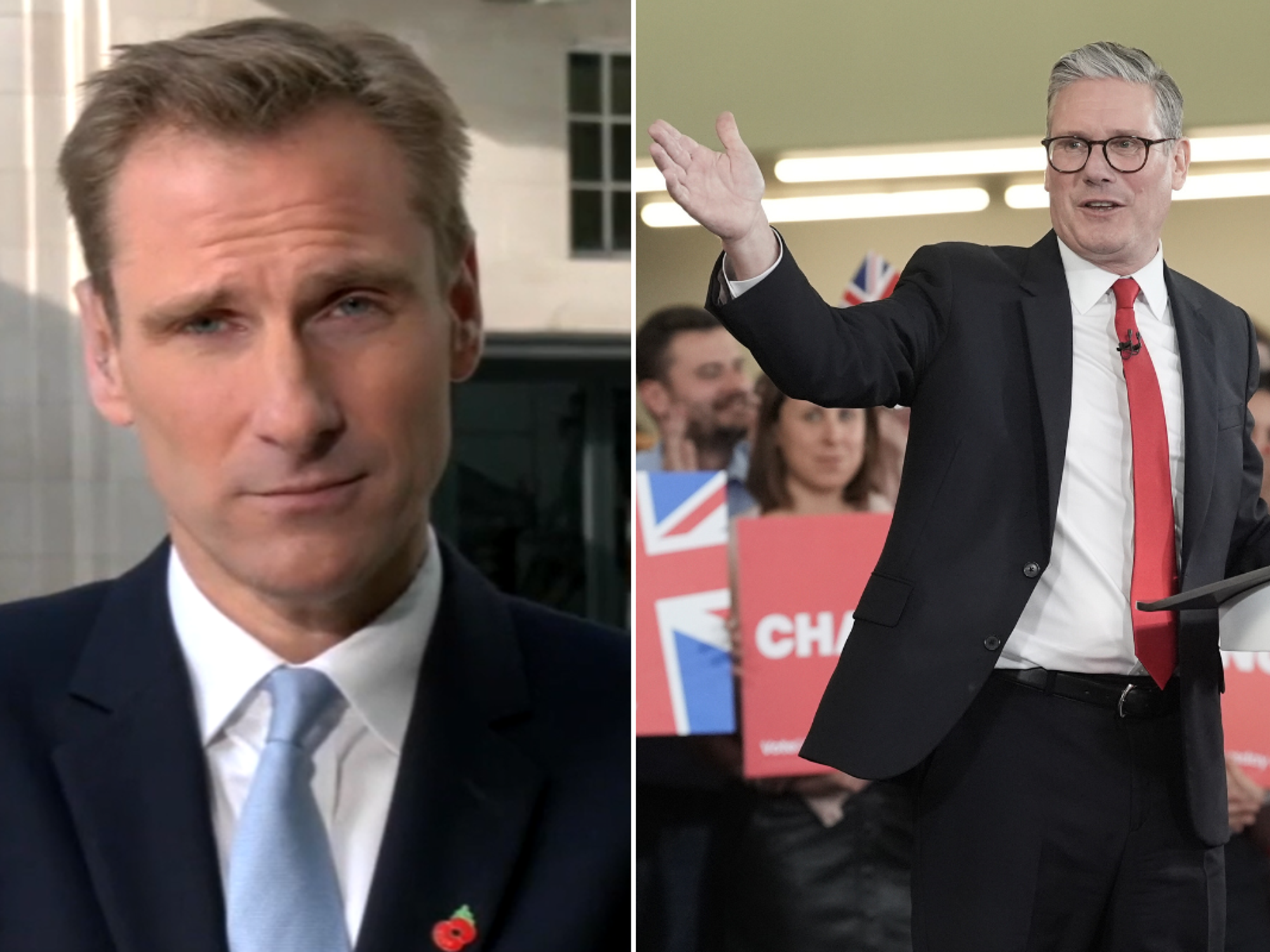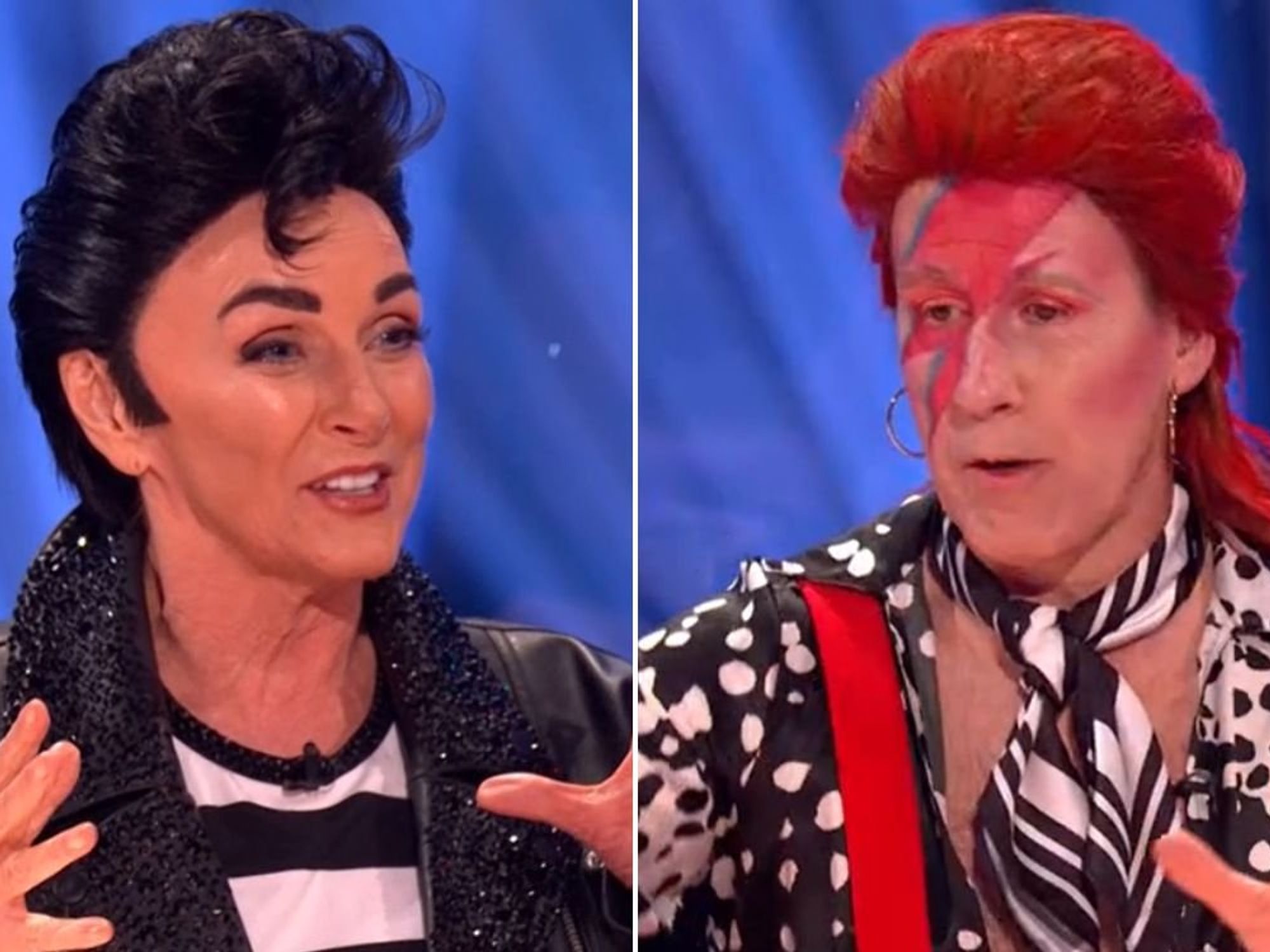Sadiq Khan's hated Ulez expansion had 'no significant impact' on emissions as drivers 'punished for nothing'

Emissions dropped significantly in the first three months after the Ulez was introduced in 2019
Don't Miss
Most Read
Sir Sadiq Khan's expansion of the Ulez scheme across Greater London failed to lead to a significant drop in emissions, new research has found.
Fresh data from the University of Birmingham has identified that the Ultra Low Emission Zone (Ulez) has contributed to a drop in nitrogen dioxide levels immediately after it launched in 2019.
Within three months of the scheme being introduced, NO2 emissions fell by 19.6 per cent at roadside sites in central London.
Similarly, nitrogen oxides (NOx) fell by an impressive 28.8 per cent for the same area between April 2019 and July 2019.
TRENDING
Stories
Videos
Your Say
However, "no significant impact" was detected for NO2 or NOx following the controversial Ulez expansion in 2023, which expanded the emissions zone to Greater London.
The amount of NO2 and small particulates that can enter the lungs, known as PM 2.5, across London remains well above guidelines set out by the World Health Organisation.
Responding to the new data, Louie French MP slammed the Ulez scheme for not reducing emissions while charging motorists.
The Conservative MP for Bexley and Sidcup said: "Sadly, this data confirms that Londoners who need to drive are being used as a cash cow in Sadiq Khan's London.
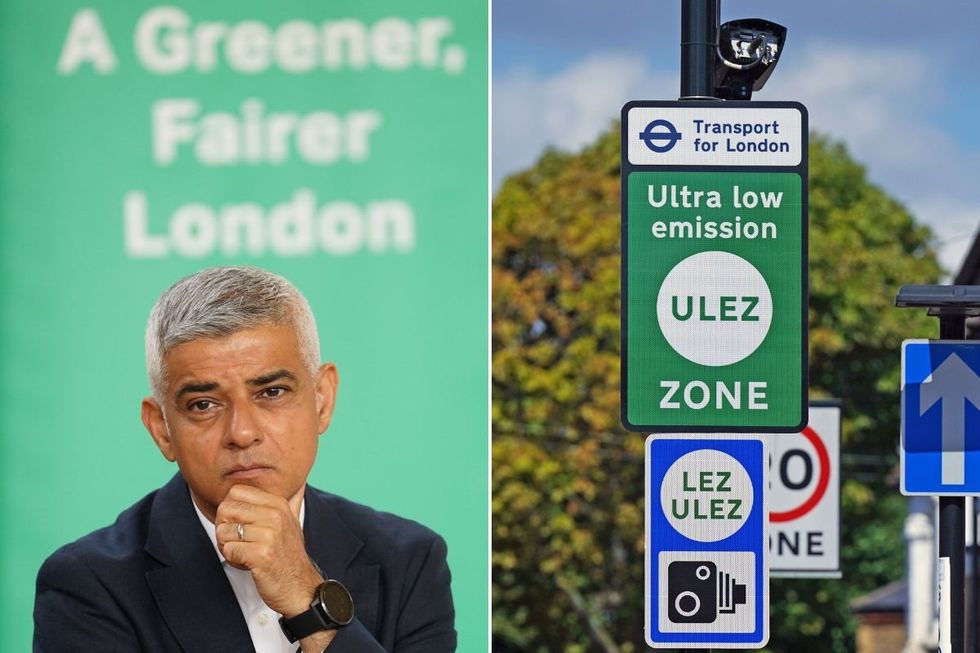
The expansion of the Ulez did not lead to a significant reduction in emissions in 2023
|PA
"Congestion charge hiked, Ulez expanded, LTNs and new tolls on the Blackwall Tunnel," he posted on social media site X.
The Mayor of Croydon, Jason Perry, also criticised Sir Sadiq Khan's Ulez expansion, saying the data reaffirmed his belief that motorists were being "punished for nothing".
He said: "No cleaner air. Just higher costs for hardworking families and traders. It's time to end Labour's war on drivers."
The number of non-compliant vehicles across London has fallen dramatically in recent years as a result of the Ulez measures.
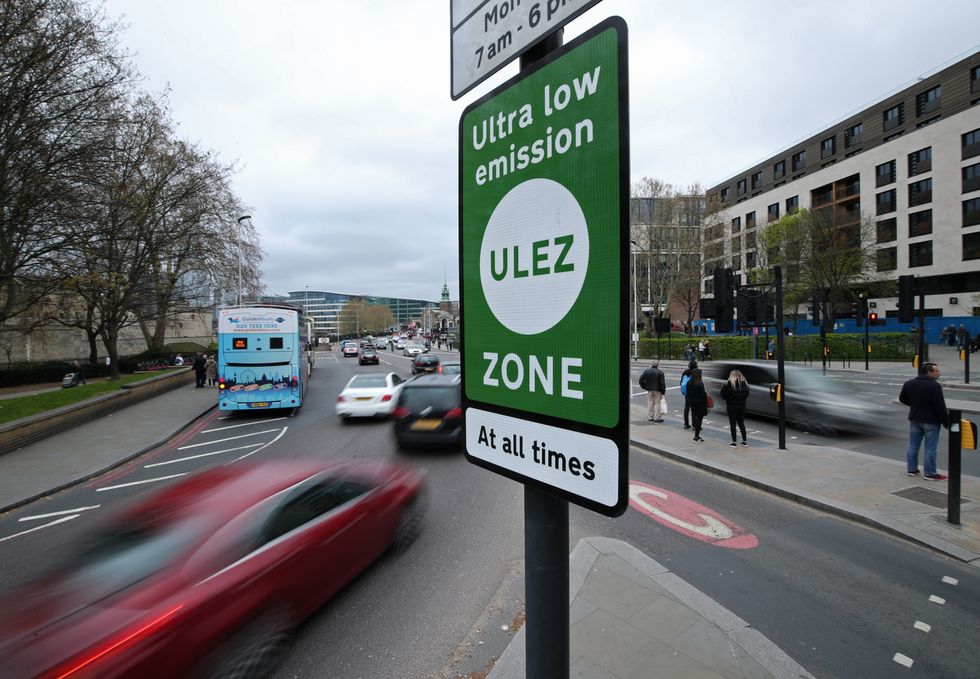 Non-compliant vehicles are charged £12.50 to drive in the Ulez | PA
Non-compliant vehicles are charged £12.50 to drive in the Ulez | PALATEST DEVELOPMENTS:
The report found that non-compliant vehicles operating in central London fell from 39.1 per cent at launch to 27.5 per cent after three months.
At the time of the Ulez area expansion in 2023, only 7.4 per cent of vehicles were non-compliant. This dropped further to just 4.2 per cent after three months.
Chengxu Tong, a PhD student from the University of Birmingham and first author of the study, added: "The introduction of ULEZ in central London in 2019 has been effective in improving air quality.
"Importantly, our analysis reveals that these benefits are not confined to the designated zone, but extend beyond its boundaries, indicating a wider spill-over effect."
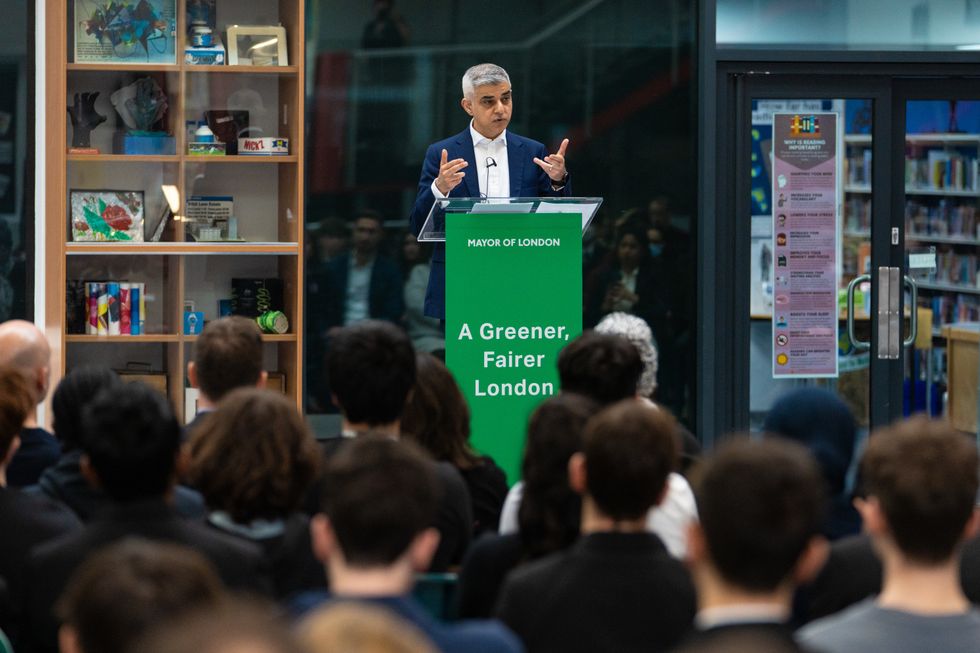 London Mayor Sadiq Khan has continually backed the environmental benefits of the Ulez scheme | PA
London Mayor Sadiq Khan has continually backed the environmental benefits of the Ulez scheme | PAProfessor Zongbo Shi, who oversaw the research project, suggested that the Ulez expansion didn't have as big an impact as the original launch because of the commitment to expanding the scheme previously.
He said that drivers may have been preparing to make the transition to cleaner vehicles prior to the expansion.
Professor Shi referred to this as the "anticipation effect", where the benefits of a policy are clear before it has been formally implemented.
He concluded: "Here, we showed that Ulez is an important step, but it is not enough on its own. London still faces air pollution levels well above WHO health-based guidelines, requiring coordinated actions across multiple sectors, including from industrial, commercial, residential and agricultural sources."


